
 2024-07-11
2024-07-11
High blood pressure, or hypertension, is a common yet serious health issue affecting millions worldwide. In India, the prevalence of hypertension is alarmingly high, with studies indicating that nearly one-third of the adult population is affected. The reasons for this high incidence in India include rapid urbanization, dietary changes, increased stress levels, and a sedentary lifestyle. Understanding the causes, risks, and management strategies for high blood pressure is crucial for mitigating its impact on individual health and the healthcare system as a whole.
You should visit Best Hospitals in LB Nagar¸Prasidh Hospital for consultation.
What is High Blood Pressure?
Blood pressure is the force exerted by circulating blood against the walls of the body's arteries, the major blood vessels in the body. High blood pressure, or hypertension, occurs when this force is consistently too high. Blood pressure is measured in millimeters of mercury (mmHg) and recorded with two numbers: systolic pressure (the pressure when the heart beats) over diastolic pressure (the pressure when the heart rests between beats). A normal blood pressure reading is usually around 120/80 mmHg. Hypertension is typically defined as having a consistent blood pressure reading of 140/90 mmHg or higher.
Causes of High Blood Pressure
High blood pressure can be categorized into two types: primary (essential) hypertension and secondary hypertension.
Primary Hypertension: This is the most common type, and it develops gradually over many years. While there is no identifiable cause, several factors contribute to its development:
Genetics: Family history of hypertension increases the risk.
Age: The risk increases with age.
Lifestyle Factors: Poor diet, lack of physical activity, and excessive alcohol consumption.
Stress: Chronic stress can contribute to increased blood pressure.
Secondary Hypertension: This type is less common and usually appears suddenly. It is caused by an underlying condition such as:
Kidney Disease: Impaired kidney function can lead to hypertension.
Hormonal Disorders: Conditions like hyperthyroidism or adrenal gland tumors.
Certain Medications: Some drugs, including birth control pills and over-the-counter pain relievers, can raise blood pressure.
Obstructive Sleep Apnea: This condition can cause a sudden increase in blood pressure during sleep.
Risks Associated with High Blood Pressure
Uncontrolled high blood pressure can lead to serious health complications, including:
Heart Disease: Hypertension is a major risk factor for coronary artery disease, heart failure, and heart attacks.
Stroke: High blood pressure can cause blood vessels in the brain to burst or become blocked, leading to a stroke.
Kidney Damage: Hypertension can damage the blood vessels in the kidneys, leading to kidney disease or failure.
Vision Loss: High blood pressure can damage the blood vessels in the eyes, leading to retinopathy and vision impairment.
Aneurysms: Increased blood pressure can cause blood vessels to weaken and bulge, forming aneurysms that can rupture and be life-threatening.
Management of High Blood Pressure
Managing high blood pressure involves a combination of lifestyle changes and, in some cases, medication. Here are some effective strategies:
Lifestyle Modifications:
Healthy Diet: Adopt a balanced diet rich in fruits, vegetables, whole grains, and low-fat dairy products. The DASH (Dietary Approaches to Stop Hypertension) diet is particularly effective.
Regular Exercise: Aim for at least 150 minutes of moderate-intensity aerobic exercise each week, such as brisk walking or cycling.
Weight Management: Maintain a healthy weight. Losing even a small amount of weight can significantly lower blood pressure.
Reduce Sodium Intake: Limiting sodium to less than 2,300 mg per day can help manage blood pressure. For those with hypertension, a limit of 1,500 mg per day is recommended.
Limit Alcohol Consumption: Keep alcohol intake to moderate levels – up to one drink per day for women and two drinks per day for men.
Stress Reduction: Practice stress-relief techniques such as yoga, meditation, or deep breathing exercises.
Medications: For some individuals, lifestyle changes alone are not enough to control blood pressure. In such cases, doctors may prescribe medications, including:
Diuretics: Help the kidneys remove sodium and water, reducing blood volume.
ACE Inhibitors: Relax blood vessels by blocking the formation of a natural chemical that narrows blood vessels.
Calcium Channel Blockers: Help relax blood vessel muscles.
Beta-Blockers: Reduce the workload on the heart and open blood vessels.
Conclusion
High blood pressure is a significant health concern in India, but it is manageable with the right approach. Understanding the causes and risks associated with hypertension is the first step towards effective management. Adopting a healthy lifestyle, coupled with medical intervention when necessary, can help keep blood pressure under control and prevent complications.
At Prasidh Hospital, The Best Hospital in Hyderabad we are committed to providing comprehensive care for hypertension and its related conditions. Our team of experienced General Medical Doctors in LB Nagar uses the latest medical technology and personalized
treatment plans to help you manage your blood pressure effectively. Schedule a consultation with us today and take the first step towards a healthier, more vibrant life.
 What’s Causing That Itchy Feeling in Your Ears? 2024-09-21 by : Prasidh Hospitals
What’s Causing That Itchy Feeling in Your Ears? 2024-09-21 by : Prasidh Hospitals
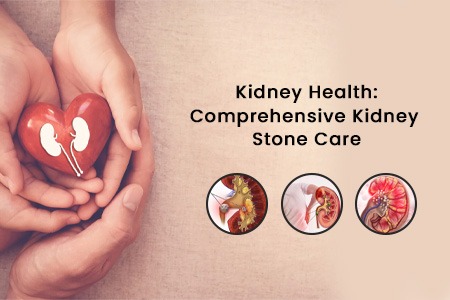 Kidney Health Comprehensive Kidney Stone Care 2024-09-20 by : Prasidh Hospitals
Kidney Health Comprehensive Kidney Stone Care 2024-09-20 by : Prasidh Hospitals
 How Has Varicose Veins Treatment Changed Over the Years? 2024-09-18 by : Prasidh Hospital
How Has Varicose Veins Treatment Changed Over the Years? 2024-09-18 by : Prasidh Hospital
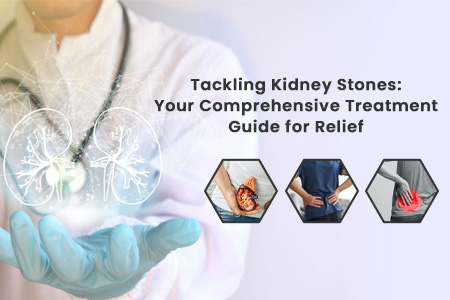 Tackling Kidney Stones Your Comprehensive Treatment Guide for Relief 2024-08-21 by : Prasidh Hospital
Tackling Kidney Stones Your Comprehensive Treatment Guide for Relief 2024-08-21 by : Prasidh Hospital
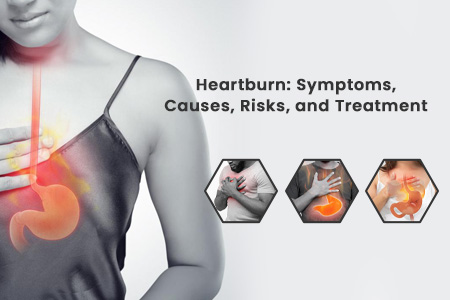 Heartburn Symptoms, Causes, Risks, and Treatment 2024-08-20 by : Prasidh Hospital
Heartburn Symptoms, Causes, Risks, and Treatment 2024-08-20 by : Prasidh Hospital
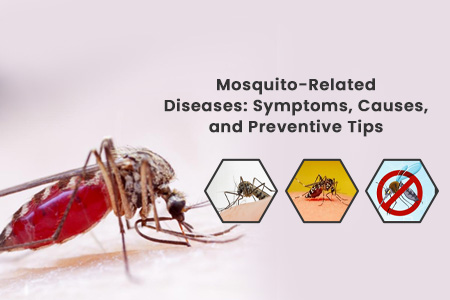 Mosquito-Related Diseases Symptoms, Causes, and Preventive Tips 2024-08-16 by : Prasidh Hospital
Mosquito-Related Diseases Symptoms, Causes, and Preventive Tips 2024-08-16 by : Prasidh Hospital
 Understanding ADHD in Children Signs, Symptoms, and Treatment 2024-07-11 by : Prasidh Hospitals -
Understanding ADHD in Children Signs, Symptoms, and Treatment 2024-07-11 by : Prasidh Hospitals -
 Pregnancy Planning Preparing for a Healthy Pregnancy 2024-07-11 by : Prasidh Hospitals -
Pregnancy Planning Preparing for a Healthy Pregnancy 2024-07-11 by : Prasidh Hospitals -
 Understanding High Blood Pressure Causes, Risks, and Management 2024-07-11 by : Prasidh Hospitals -
Understanding High Blood Pressure Causes, Risks, and Management 2024-07-11 by : Prasidh Hospitals -
 Understanding Hormonal Imbalances Causes, Symptoms, and Treatments for a Balanced Life 2024-05-27 by : Prasidh Hospital
Understanding Hormonal Imbalances Causes, Symptoms, and Treatments for a Balanced Life 2024-05-27 by : Prasidh Hospital
 Navigating Orthopaedic Surgery Procedures, Recovery, and Benefits 2024-05-25 by : Prasidh Hospital
Navigating Orthopaedic Surgery Procedures, Recovery, and Benefits 2024-05-25 by : Prasidh Hospital
 Boosting Your Child's Immune System Paediatric Advice for a Healthy Future 2024-05-24 by : Prasidh Hospital
Boosting Your Child's Immune System Paediatric Advice for a Healthy Future 2024-05-24 by : Prasidh Hospital
 Joint Replacement Surgery: What to Expect and How to Prepare 2024-04-12 by : Prasidh Hospital
Joint Replacement Surgery: What to Expect and How to Prepare 2024-04-12 by : Prasidh Hospital
 The Vital Importance of Regular Gynecologist Check-ups for Women's Health 2024-03-06 by : Prasidh Hospital
The Vital Importance of Regular Gynecologist Check-ups for Women's Health 2024-03-06 by : Prasidh Hospital
 The Lifesaving Role of Neonatal Intensive Care Units (NICUs) for Premature Babies 2024-03-07 by : Prasidh Hospital
The Lifesaving Role of Neonatal Intensive Care Units (NICUs) for Premature Babies 2024-03-07 by : Prasidh Hospital
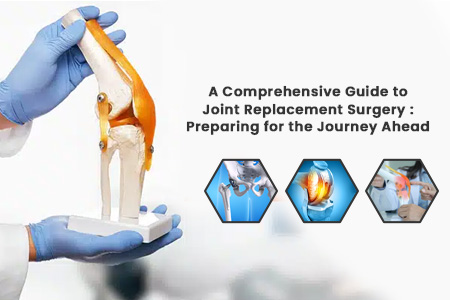 A Comprehensive Guide to Joint Replacement Surgery Preparing for the Journey Ahead 2024-03-04 by : Prasidh Hospital
A Comprehensive Guide to Joint Replacement Surgery Preparing for the Journey Ahead 2024-03-04 by : Prasidh Hospital
 Breaking Down Osteoporosis Maintaining Bone Health 2024-02-16 by : Prasidh Hospital
Breaking Down Osteoporosis Maintaining Bone Health 2024-02-16 by : Prasidh Hospital
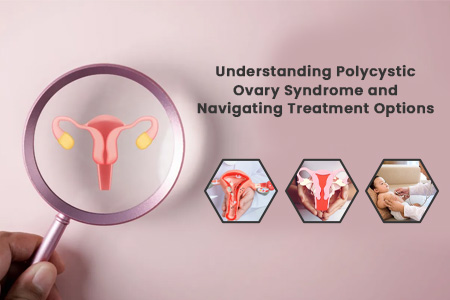 Understanding Polycystic Ovary Syndrome and Navigating Treatment Options 2024-02-16 by : Prasidh Hospital
Understanding Polycystic Ovary Syndrome and Navigating Treatment Options 2024-02-16 by : Prasidh Hospital
 Protecting Precious Lives Neonatal Pneumonia and Promoting Prasidh Hospital's Expert Care 2024-02-09 by : Prasidh Hospital
Protecting Precious Lives Neonatal Pneumonia and Promoting Prasidh Hospital's Expert Care 2024-02-09 by : Prasidh Hospital
 Rediscovering Sound A Journey through Hearing Loss Solutions at Prasidh Hospital 2024-01-29 by : Prasidh Hospital
Rediscovering Sound A Journey through Hearing Loss Solutions at Prasidh Hospital 2024-01-29 by : Prasidh Hospital
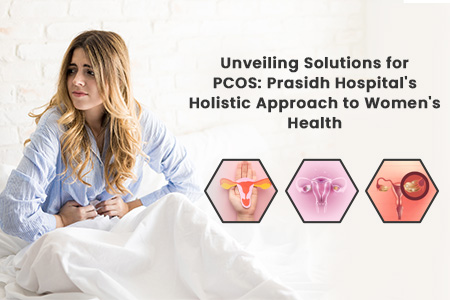 Unveiling Solutions for PCOS Prasidh Hospitals Holistic Approach to Womens Health 2024-01-25 by : Prasidh Hospital
Unveiling Solutions for PCOS Prasidh Hospitals Holistic Approach to Womens Health 2024-01-25 by : Prasidh Hospital
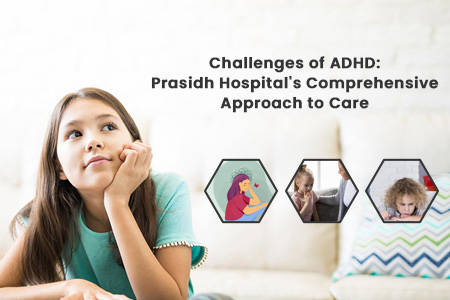 Challenges of ADHD Prasidh Hospital's Comprehensive Approach to Care 2024-01-24 by : Prasidh Hospital
Challenges of ADHD Prasidh Hospital's Comprehensive Approach to Care 2024-01-24 by : Prasidh Hospital
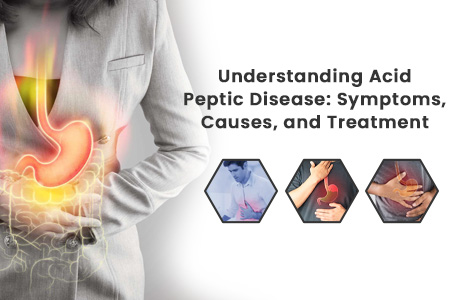 Understanding Acid Peptic Disease Symptoms, Causes, and Treatment 2023-12-29 by : Prasidh Hospital
Understanding Acid Peptic Disease Symptoms, Causes, and Treatment 2023-12-29 by : Prasidh Hospital
 Nurturing Healthy Appetites A Guide to Improving Your Child's Eating Habits 2023-12-27 by : Prasidh Hospital
Nurturing Healthy Appetites A Guide to Improving Your Child's Eating Habits 2023-12-27 by : Prasidh Hospital
 Nourishing Pregnancy Foods to Avoid for a Healthy Journey 2023-12-20 by : Prasidh Hospital
Nourishing Pregnancy Foods to Avoid for a Healthy Journey 2023-12-20 by : Prasidh Hospital
 Identify the Symptoms of Allergy and Asthma A Comprehensive Guide 2023-12-13 by : Prasidh Hospital
Identify the Symptoms of Allergy and Asthma A Comprehensive Guide 2023-12-13 by : Prasidh Hospital
 Hyderabad's Solution to Dry Mouth Problems Expert Care 2023-11-28 by : Prasidh Hospital
Hyderabad's Solution to Dry Mouth Problems Expert Care 2023-11-28 by : Prasidh Hospital
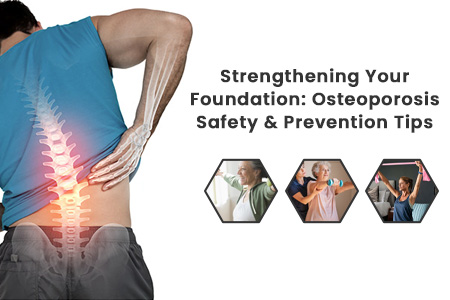 Strengthening Your Foundation: Osteoporosis Safety and Prevention Tips 2023-11-15 by : Prasidh Hospital
Strengthening Your Foundation: Osteoporosis Safety and Prevention Tips 2023-11-15 by : Prasidh Hospital
 Maximizing Your Chances of a Normal Delivery: Tips for a Healthy Pregnancy 2023-11-07 by : Prasidh Hospital
Maximizing Your Chances of a Normal Delivery: Tips for a Healthy Pregnancy 2023-11-07 by : Prasidh Hospital
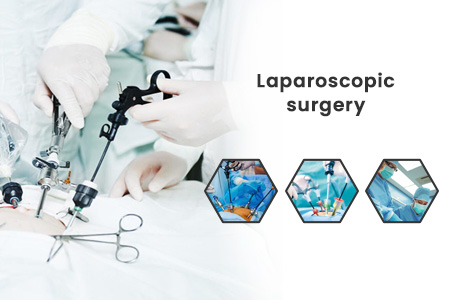 Laparoscopic surgery 2023-07-04 by : prasidhhospitals
Laparoscopic surgery 2023-07-04 by : prasidhhospitals
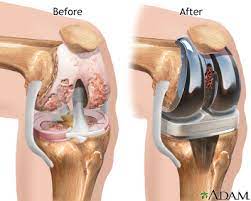 How to Manage Pain Swelling 2022-07-23 by : admin
How to Manage Pain Swelling 2022-07-23 by : admin
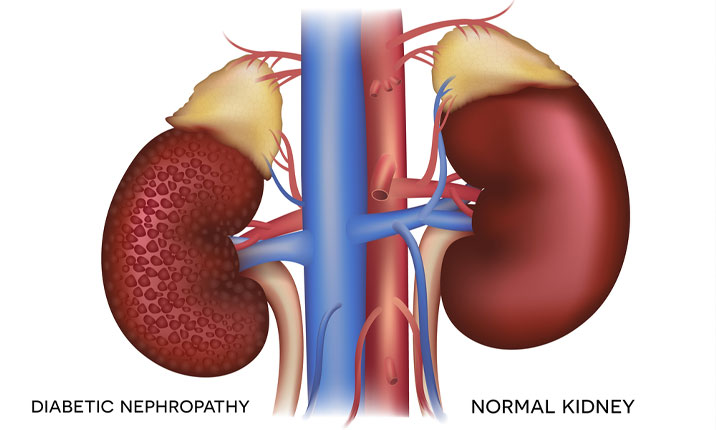 kidney health and diasbetes 2022-07-23 by : Admin
kidney health and diasbetes 2022-07-23 by : Admin
 how to increase the chances of normal delivery? 2022-07-23 by : admin
how to increase the chances of normal delivery? 2022-07-23 by : admin
Copyright © Prasidh rights reserved.